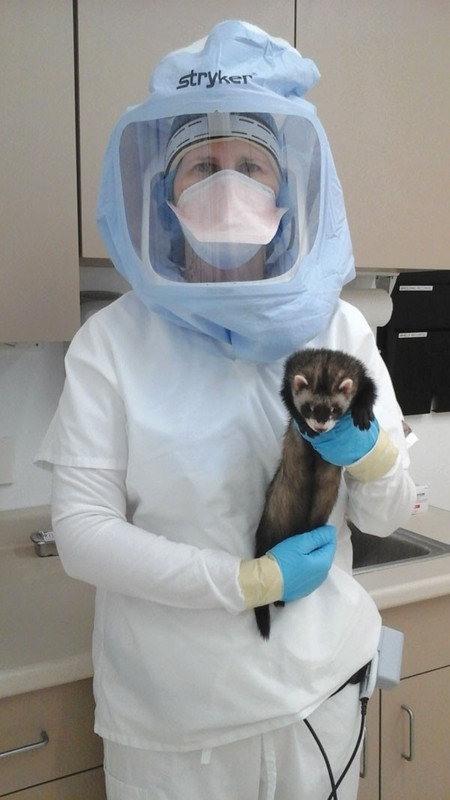Scientists Discover A New Strain Of Swine Flu That Has Potential To Be The Next Pandemic
It has already affected a tenth of swine workers, but no evidence has been found for human-to-human transmission.
A study published in a US science journal on Monday, 29 June, revealed a new strain of swine flu that has the potential of triggering a pandemic
This new type, named 'G4 EA H1N1', was found to be genetically derived from the A/H1N1pdm09 strain that caused the swine flu pandemic in 2009.
According to researchers responsible for the study, "[The] G4 EA H1N1 virus has all the essential hallmarks of being highly adapted to infect humans."
This new strain was discovered after tests were performed on 30,000 pigs over a seven-year period
Scientists from China's Centre for Disease Control and Prevention and Chinese universities took 30,000 nasal swabs from pigs in slaughterhouses across 10 Chinese provinces from 2011 to 2018.
Out of the 179 swine flu viruses that were found, the majority were of the G4 EA H1N1 strain found to be dominant in pigs since 2016, according to the study.
After performing further tests on ferrets, which experience human-like symptoms, scientists learned that the new virus was highly infectious. It caused serious symptoms in the tested ferrets and was able to replicate in cells that line airways in humans.
Blood tests have shown that 10.4% of swine workers are already infected with the virus
Additional tests indicate that approximately 4.4% of the general population have already been exposed, according to a report by AFP.
However, there is no evidence yet that the new strain can be passed from human to human
So far, only animal to human transmission has been found.
Though the virus has not been passed via human contact, the authors of the study will continue to keep a close eye on the matter.
"Such infectivity greatly enhances the opportunity for virus adaptation in humans and raises concerns for the possible generation of pandemic viruses," they say.
Existing flu vaccines will not protect against against G4 EA H1N1
Researchers do note, however, that the vaccine can be adapted accordingly should the situation call for it.
Police getting vaccinated for the A/H1N1pdm09 virus in Fujian Province on 28 October 2009.
Image via Tian Cheng Ming/XinhuaProfessor Kin-Chow Chang at Nottingham University, UK, was quoted by the BBC as saying, "Right now we are distracted with coronavirus and rightly so. But we must not lose sight of potentially dangerous new viruses."
The authors of the study add, "Controlling the prevailing G4 EA H1N1 viruses in pigs and close monitoring in human populations, especially the workers in swine industry, should be urgently implemented."
Though the H1N1 pandemic occurred 11 years ago, an infant in Pahang died in January this year after contracting the virus:


